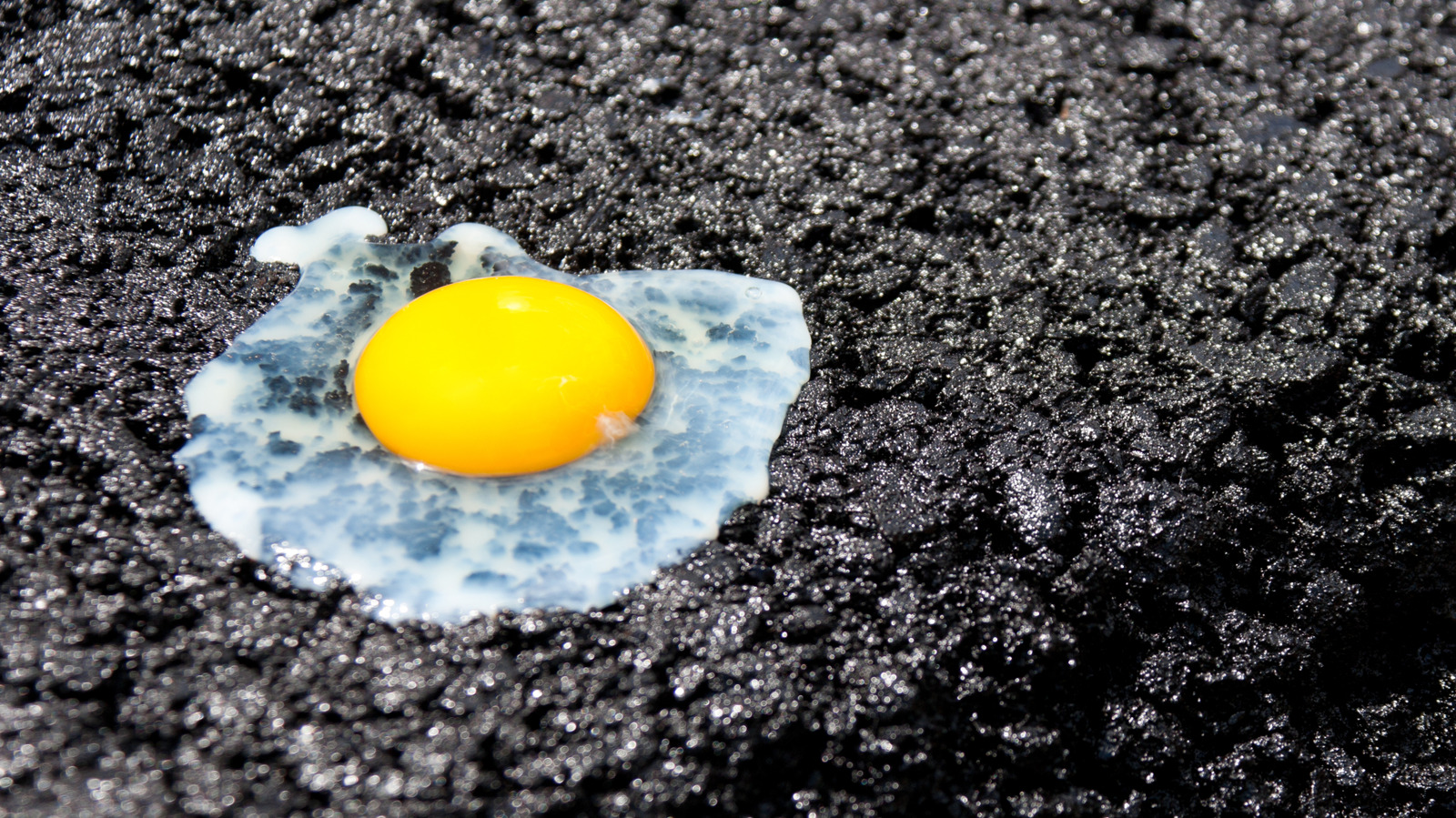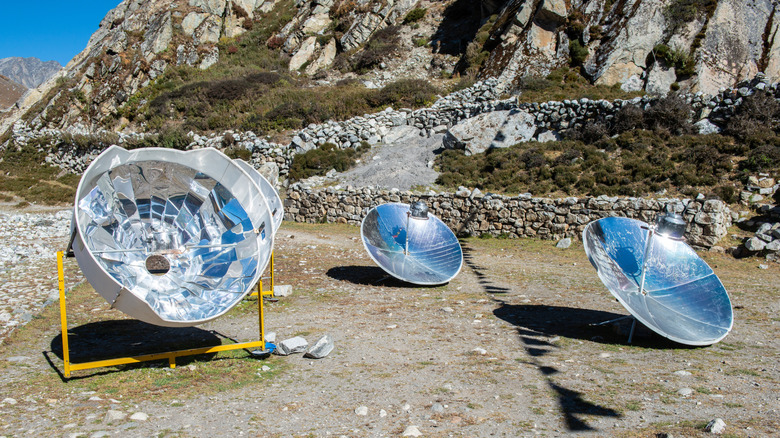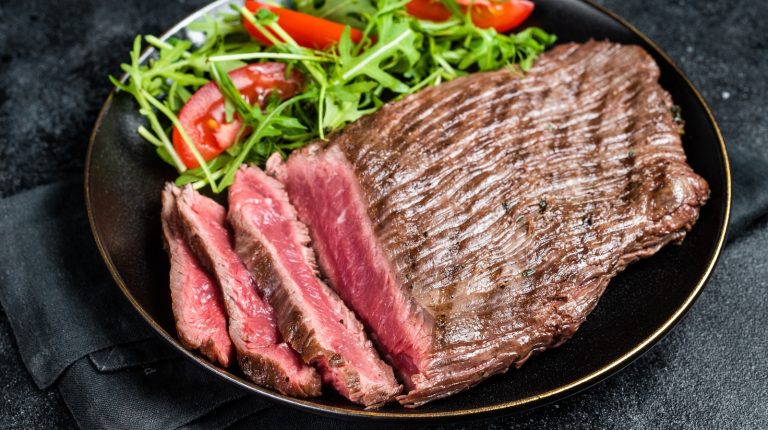With heat waves growing each year in length and intensity, one age-old question seems to keep coming back to the forefront of the collective mind: Can you fry an egg on the sidewalk? This is a question that people have been asking since at least the late 1800s, but it’s one that never fails to capture our imagination. When you step outside in the midst of a heatwave, it certainly feels possible, especially if you forgot your shoes and can feel just how hot the ground is. But is it actually possible? In theory, yes. Though we’ll have to dig into a bit of science to explain how and why.
Let’s start with the science of cooking eggs. Egg whites begin to set at around 140 degrees Fahrenheit. There are many reports across the internet from sous vide cooks that 145 degrees Fahrenheit produces a perfect poached egg. According to the Egg Safety Center, egg whites are cooked and safe at 144 to 149 degrees Fahrenheit, so we can safely set our bar at this perfect sous vide temperature. It might not be quite the fried egg that you expect — especially if you prefer your eggs cooked over-hard, which requires a temperature closer to 158 degrees Fahrenheit — but it will be congealed and technically food safe (so long as you don’t eat it straight off the sidewalk). With our minimum cooking temperature set, now it’s time to look at the heat source.
Do sidewalks get hot enough to cook on?
On a summer day, when the air temperature is high and the sun is beating down from a high angle in the sky, the amount of heat captured by the ground can be pretty enormous. A 2022 study published in the Journal of Burn Care & Research reported a maximum recorded temperature for sun-exposed concrete at 144 degrees Fahrenheit, but asphalt came in at a whopping 166 degrees Fahrenheit. This could put a mark in the “against” column for sidewalk egg cooking, but it does point to the potential for cooking an egg on the road. Especially because there are other, perhaps less scientific reports out there that claim asphalt temperatures can reach as high as 180 degrees Fahrenheit.
It is also important to note that the aforementioned study took place when the ambient temperature was 120 degrees Fahrenheit — certainly hot, but also quite a bit cooler than the highest-ever recorded temperature of 134 degrees Fahrenheit, from Furnace Creek in Death Valley National Park. Add another 14 degrees to the temperatures found in the study, and you definitely have enough heat to cook with. But can you cook an egg straight on concrete or asphalt? That may actually be where we meet the biggest hangup in this experiment. The sun-exposed concrete in that study, which reached 144 degrees Fahrenheit, is technically hot enough to cook an egg, but the conduction of heat from the concrete to the egg may not be up to the task.
Cooking with the sun
Materials like concrete and asphalt can get very hot when they are in the sun, but these materials both absorb and exude heat slowly, meaning it is unlikely that a spot on the sidewalk or street puts out enough thermal energy to properly cook an egg. This issue is doubled because as soon as you crack that egg, it blocks any additional solar radiation from heating the surface. While it may be theoretically possible — particularly if you were to catch a heatwave during the height of summer in someplace like Death Valley National Park — it is unlikely to make our list of the best methods to cook fried eggs. But that doesn’t mean that we can’t use the sun to cook our food!
There are videos on the internet of people cooking eggs on the sidewalk, but generally, these rely on cast iron pans. Cast iron pans are black, meaning they absorb a lot of solar radiation, and, on top of that, they’re metal, meaning that they both absorb and exude heat very effectively. This is the real trick to solar cooking: It’s about concentrating solar energy onto materials that can easily transfer heat to your food. Most solar cooking devices are little more than an array of mirrors or reflective materials pointing at a kettle or pan, but these simple contraptions do make it possible to cook using just the power of the sun
In the end, the sidewalk definitely isn’t the best cooking surface for your eggs. But if what you’re looking for is a method to cook during the climate apocalypse, well, maybe try one of these 1800-Watt Concentrating Solar Cookers.






